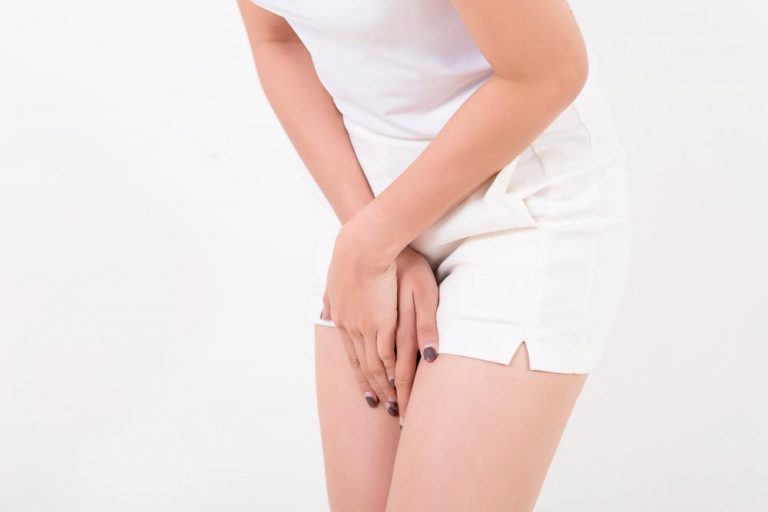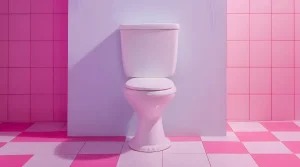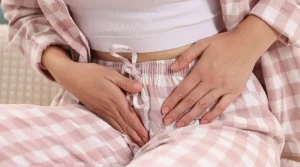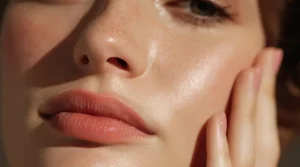It’s not uncommon for women to experience urinary incontinence, partial or full bladder leakage, during and even after pregnancy. This phenomenon is called stress incontinence because it’s caused by the pressure that an unborn baby places on the pelvic structures. This pressure makes it more difficult for your bladder to hold urine and also can increase your need to urinate more frequently. Typically, this condition subsides a few weeks after delivery, but about 5% of women do still have incontinence that continues after delivery. At Lasting Impression Medical Aesthetics, our team — led by Dr Roel Galope — can help.
Why pregnant women become incontinent
The nature of your pregnancy and subsequent delivery, the number of children you’re carrying, and the number of children that you’ve had prior to your latest pregnancy is all contributing factors to stress incontinence. Overall, stress incontinence in pregnant women is caused by the amount of pressure that a baby places on the bladder and the weakening of the pelvic muscles during delivery.
Problems that can arise during delivery
During delivery, your pelvic muscles may stretch out, becoming weaker. If this happens, they may not offer enough support for your bladder, causing it to loosen and drop, a condition known as cystocele. This phenomenon causes the opening of your urethra to stretch, leading to urinary incontinence.
Vaginal delivery and increased risks
You could also experience damage to the pelvic nerves that control bladder functions if you have a particularly long or difficult vaginal delivery, or if forceps were used improperly during the process. The more difficult and prolonged a vaginal birth is, the higher the likelihood of injury to your bladder muscles and nerves.
Treatment options for stress incontinence
If you have pregnancy-related stress incontinence, you do have a few treatment options to consider. These include:
Emsella
Emsella is a medical device, a chair that uses electromagnetic technology to stimulate pelvic floor muscles in an effort to strengthen them and address urinary incontinence. The treatment is appealing because it’s non-invasive, FDA-cleared treats your entire pelvic floor, and is done while you’re fully clothed.
Pelvic floor therapy
This treatment option consists of exercises that target the muscles in your pelvic floor, where the muscles and nerves that control your bladder lie. A type of physical therapy, exercising your pelvic floor can help you reclaim control of your bladder.
Invasive treatment options
When the above therapies fall short, it may be time to consider more invasive treatment options, including Botox®, bulking agents, or a nerve stimulation device.
Get control of your bladder after your pregnancy
You don’t have to suffer through urinary incontinence, and you don’t have to feel shame for what is really a fairly common issue experienced by women after giving birth. Dr Galope and his team at Lasting Impression Medical Aesthetics are here to treat your post-pregnancy urinary incontinence with experience, compassion, and result-driven treatments. Start healing today by calling us or scheduling an appointment online. Lasting Impression Medical Aesthetics:
Roel Galope, DO
Lower R
25-15 Fair Lawn Avenue Fair Lawn, New Jersey 07410
(201) 255-7201






